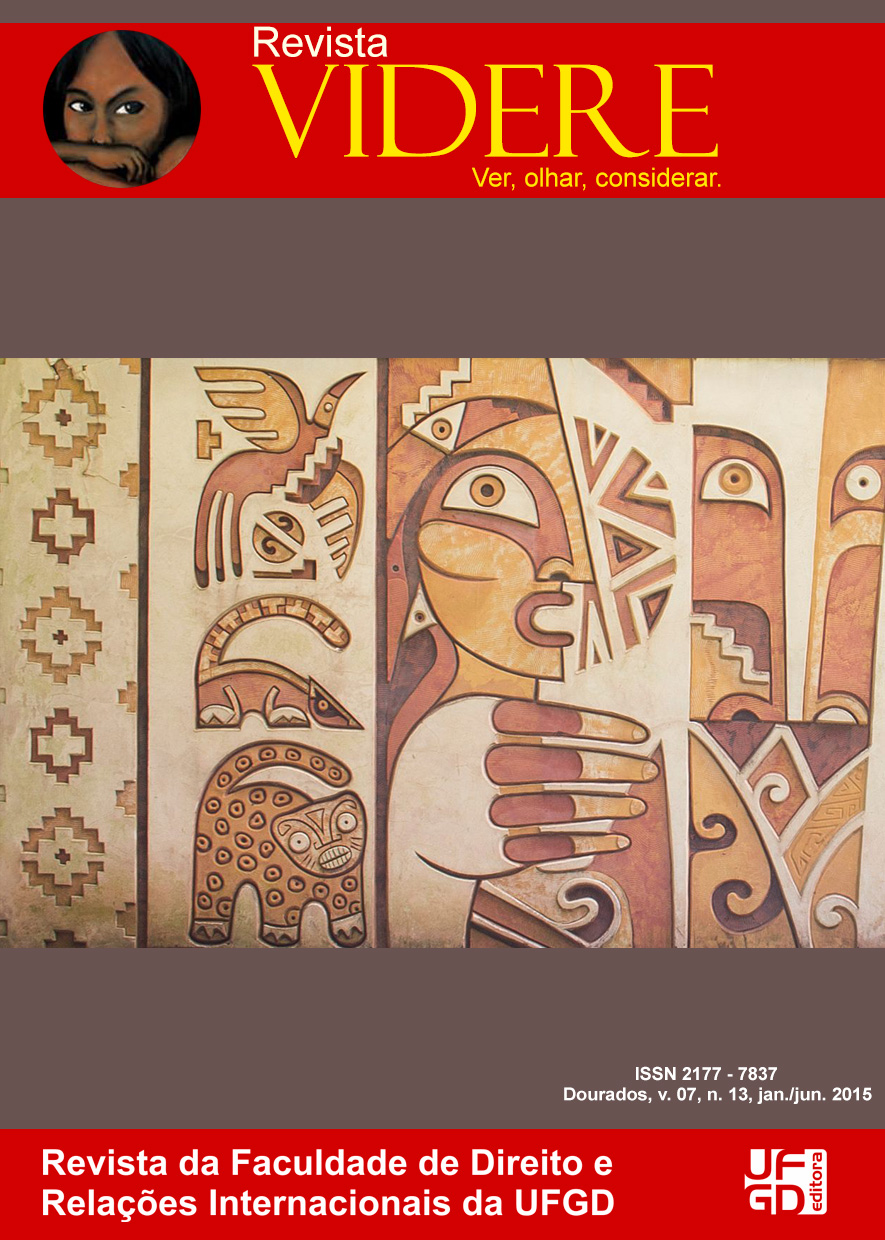A relativização do direito de representação da vítima frente à aplicabilidade do Enunciado n. 117 do Fórum Nacional de Juizados Especiais (FONAJE)
Keywords:
Juizados Especiais Criminais. Representação. Enunciado. Renúncia. Fórum Nacional de Juizados Especiais.Abstract
O presente artigo faz uma análise sobre os Juizados Especiais Criminais, o procedimento sumaríssimo e os enunciados do Fórum Nacional de Juizados Especiais (FONAJE), sob a égide da justiça restaurativa e seletiva. Tem como ênfase a relativização do direito de representação da vítima nos crimes de menor potencial ofensivo, frente à aplicação do enunciado n. 117 em contraponto à teoria dos precedentes judiciais e súmulas vinculantes. Destarte, explicita a ocorrência da extinção da punibilidade através da renúncia e da decadência, uma vez que a representação feita em delegacia de polícia, não seria suficiente à propositura da ação penal pelo Ministério Público, uma vez que só se aperfeiçoaria com o comparecimento da vítima em juízo.Downloads
Downloads
Published
How to Cite
Issue
Section
License
Authors must accept the publication rules when submitting the journal, as well as agree to the following terms:
(a) The Editorial Board reserves the right to make changes to the Portuguese language in the originals to maintain the cultured standard of the language, while respecting the style of the authors.
(b) Authors retain the copyright and grant the journal the right to first publication, with the work simultaneously licensed under the Attribution-NonCommercial-ShareAlike 3.0 Brazil (CC BY-NC-SA 3.0 BR) that allows: Share - copy and redistribute the material in any medium or format and Adapt - remix, transform, and create from the material. CC BY-NC-SA 3.0 BR considers the following terms:
- Attribution - You must give the appropriate credit, provide a link to the license and indicate whether changes have been made. You must do so under any reasonable circumstances, but in no way that would suggest that the licensor supports you or your use.
- NonCommercial - You may not use the material for commercial purposes.
- Sharing - If you remix, transform, or create from material, you must distribute your contributions under the same license as the original.
- No additional restrictions - You may not apply legal terms or technological measures that legally restrict others from doing anything that the license permits.
(c) After publication, authors are allowed and encouraged to publish and distribute their work online - in institutional repositories, personal page, social network or other scientific dissemination sites, as long as the publication is not for commercial purposes.



















